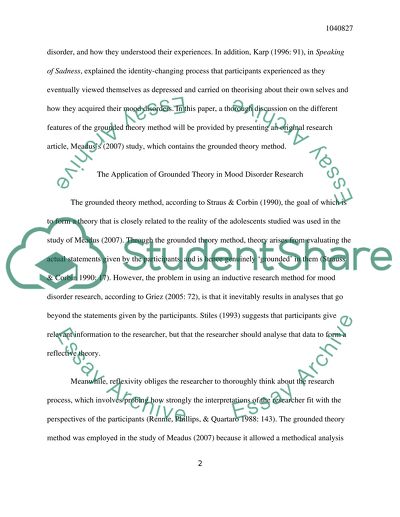Cite this document
(Successful Development of a Substantive Theory Essay Example | Topics and Well Written Essays - 1500 words, n.d.)
Successful Development of a Substantive Theory Essay Example | Topics and Well Written Essays - 1500 words. https://studentshare.org/environmental-studies/1409502-successful-development-of-a-substantive-theory
Successful Development of a Substantive Theory Essay Example | Topics and Well Written Essays - 1500 words. https://studentshare.org/environmental-studies/1409502-successful-development-of-a-substantive-theory
(Successful Development of a Substantive Theory Essay Example | Topics and Well Written Essays - 1500 Words)
Successful Development of a Substantive Theory Essay Example | Topics and Well Written Essays - 1500 Words. https://studentshare.org/environmental-studies/1409502-successful-development-of-a-substantive-theory.
Successful Development of a Substantive Theory Essay Example | Topics and Well Written Essays - 1500 Words. https://studentshare.org/environmental-studies/1409502-successful-development-of-a-substantive-theory.
“Successful Development of a Substantive Theory Essay Example | Topics and Well Written Essays - 1500 Words”. https://studentshare.org/environmental-studies/1409502-successful-development-of-a-substantive-theory.


